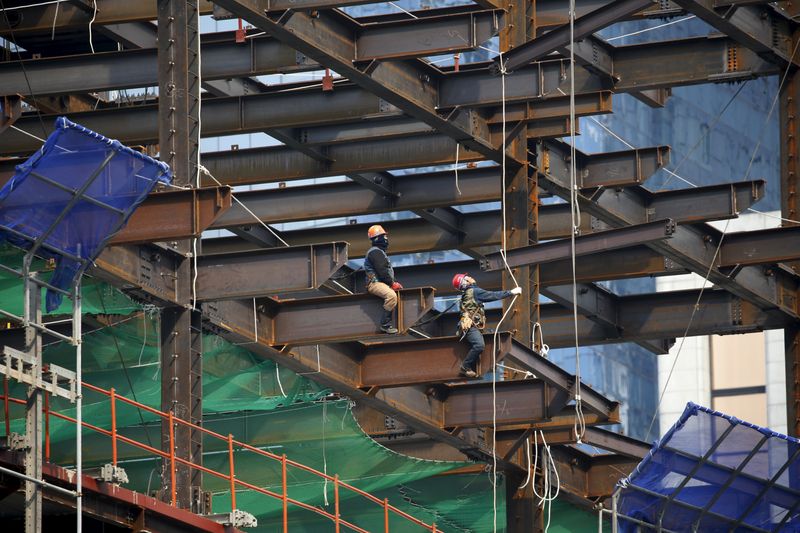By Jihoon Lee
SEOUL (Reuters) – South Korea’s factory activity contracted in December, as uncertainty over U.S. trade policy and domestic politics turned manufacturers’ sentiment pessimistic for the first time since mid-2020, a private sector survey showed on Thursday. .
The purchasing managers’ index (PMI) for manufacturers in Asia’s fourth-largest economy, compiled by S&P Global, fell to 49.0 last month from 50.6 in November, the 50-point gap separating expansion from contraction for the third time since August. slipped down from
Output contracted for the fourth month in a row and the decline was sharper than the previous month, while new orders also fell, the sub-index showed.
According to the survey, the decline in demand was linked to weak customer confidence in the domestic market, while export orders rose only marginally.
The gloom was reflected in manufacturers’ sentiment for next year, which fell below the 50-threshold separating optimism and pessimism for the first time since July 2020 and marked the lowest in 4-1/2 years. It was the worst since the data series began in April 2012, excluding the period of the COVID-19 pandemic.
Last month, South Korean President Yoon Suk Yeol was impeached after martial law was briefly imposed on Dec. 3, raising political uncertainty and denting consumer as well as business confidence.
“Downbeat expectations often stem from concerns surrounding domestic economic conditions as well as potential US protectionist policies,” said Usama Bhatti, economist at S&P Global Market Intelligence.
US President-elect Donald Trump last year promised massive tariffs on three of the United States’ biggest trading partners – Canada, Mexico and China – which could also affect South Korean firms that operate factories in the countries. there is hope
In the latest survey, firms noted that overseas demand weakness in China and the United States was offset by improvements in Europe and some of the Asia-Pacific region.
Trade-dependent South Korea’s economy barely grew in the third quarter amid lower exports. According to the central bank, the country’s export growth is expected to slow to 1.5% in 2025, from 6.3% in 2024.
(Reporting by Jihoon Lee; Editing by Mr. Navaratnam)










